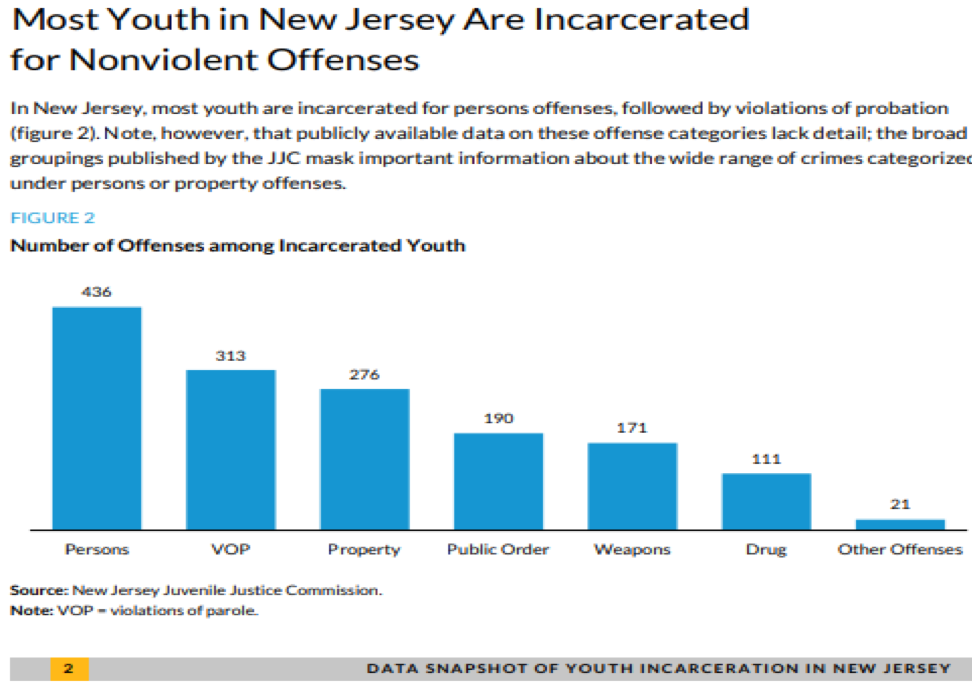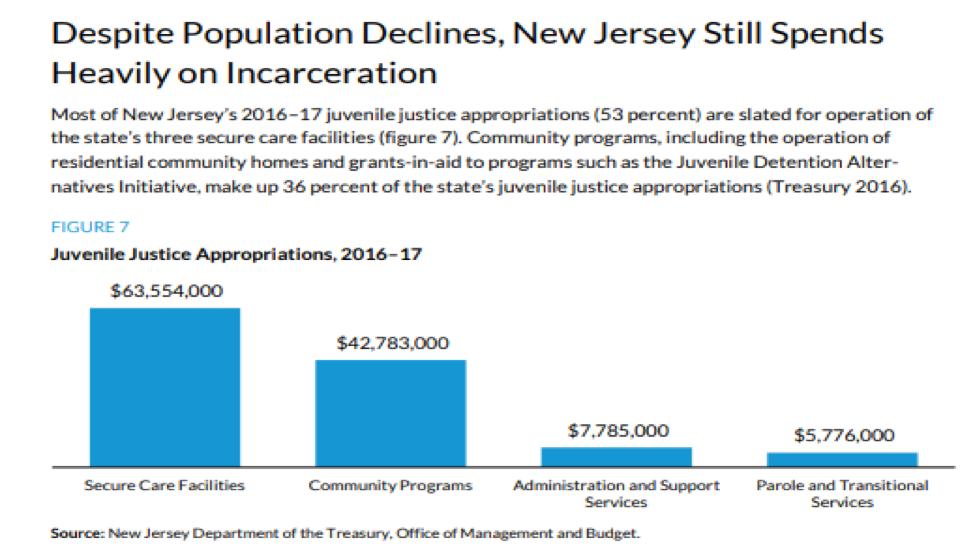
A state probation officer from Wall, New Jersey has been charged with sexual assault of a probationer under his supervision. The officer, Henry C. Cirignano is facing two counts of second-degree sexual assault, one for, “allegedly coercing the victim and the other related to his position of power over the victim as her probation officer.” Cirignano has been suspended with his access to court facilities revoked.
Though early in the investigation, that Cirignanohas not been terminated from his high-paying position ($88,266 per year) is telling for how the state of New Jersey is willing to compromise to protect the accused child molester. Consistently the survivor is called a “woman” even though, according to the official misconduct charges from Monmouth County, Cirignano’s conviction would subject him to provisions of Megan’s Law:
“If convicted of Official Misconduct, Cirignano faces a mandatory minimum sentence of 5 years in a New Jersey state prison without parole and a lifetime ban on public employment in the State of New Jersey.
“If convicted of Sexual Assault, Cirignano faces up to 10 years in a New Jersey State prison on each county, subject to the provisions of the ‘No Early Release Act’ (NERA) requiring him to serve 85 percent of the sentence imposed before becoming eligible for release on parole. He would also be subject to the provisions of ‘Megan’s Law’ and Parole Supervision for Life requiring a minimum of 15 years of parole supervision following his release from prison.”
The Megan’s Lawsex offender registration was signed into law in 1994 in New Jersey, after 7-year-old Megan Kanka went missing from her home in Hamilton Township, having been kidnapped, raped and murdered by sex offender Jesse Timmendequas. Her body had been located nearby less than 24 hours later. Megan’s Law requires communities to be notified when sex offenders move into their neighborhoods.
That bit of information in the press proves two problems with how New Jersey incarcerates and monitors youth; and then how those youths are portrayed when people in positions of power use said power to abuse them.
In New Jersey, despite the decline of in care facilities, 274 youths are currently committed to those facilities. Most youths are incarcerated for nonviolent offenses; the second reason youth are in juvenile justice is parole violations.
According to the Urban Institute, New Jersey disproportionately incarcerates Black youths over White youths; despite being only 14 percent of the youth population, Black youths make up 73 percent of those committed to secure juvenile facilities. Even more nefarious, after release, those youths are supervised constantly by the state either through probation or aftercare treatments. The Garden State is a high spender on making sure youths are incarcerated and under control.
Second, when probations officers are accused of abusing their positions of power, news and press outlets, including press releases from the county itself, look to hide the extent of the abuse. Cirignano’s abuse would have been terrible because he sexually assaulted someone he could send back to prison if they had fought back. The person he was monitoring and abusing was a child, who could have easily been sent back to juvenile corrections. Given the population and problem of youth in incarceration, media outlets and the state have decided that children in New Jersey, children who might be in need of mental health services or actually care and consideration, are not allowed to be children.

(Infographic Credit: Urban Institute)